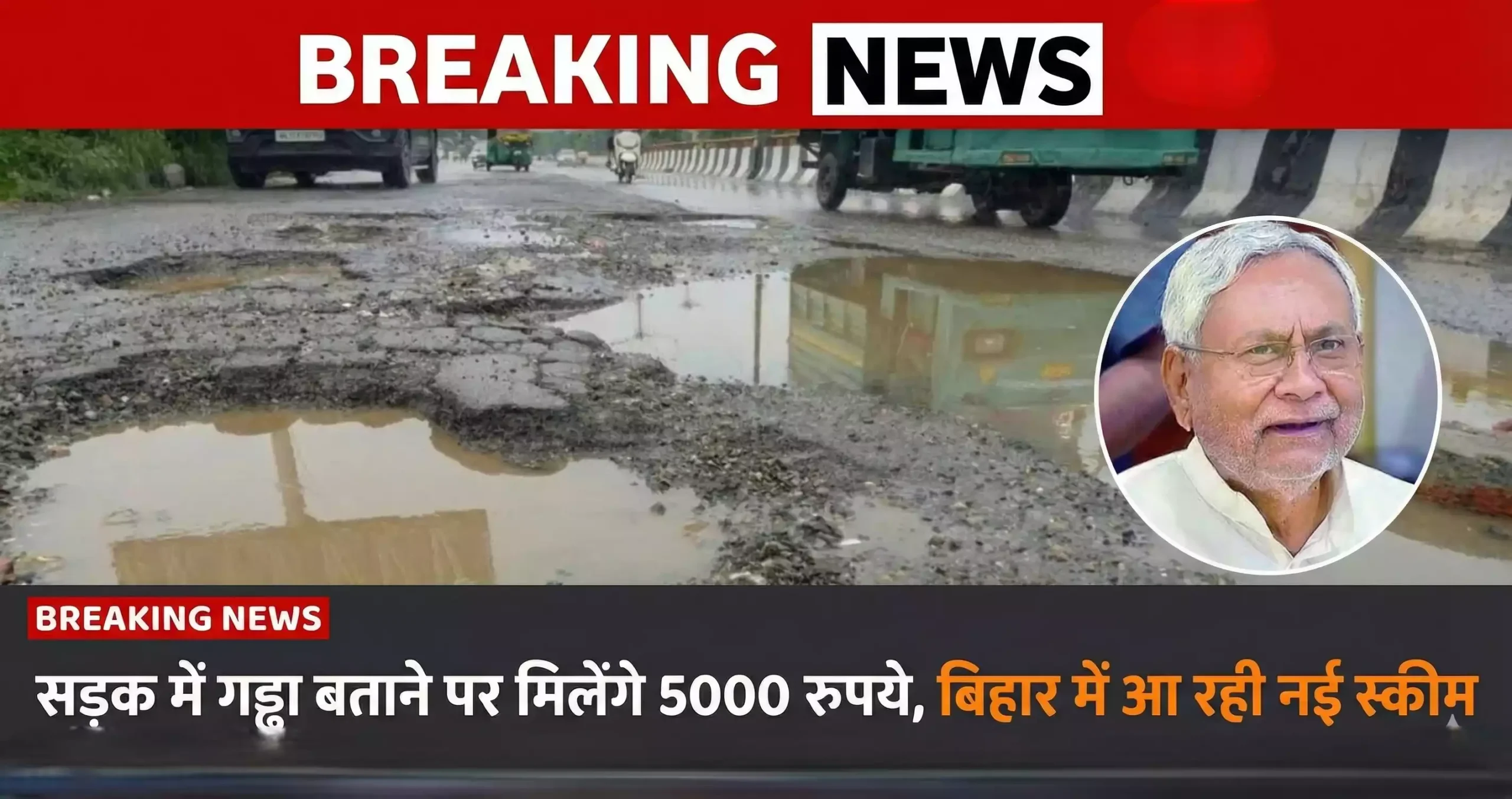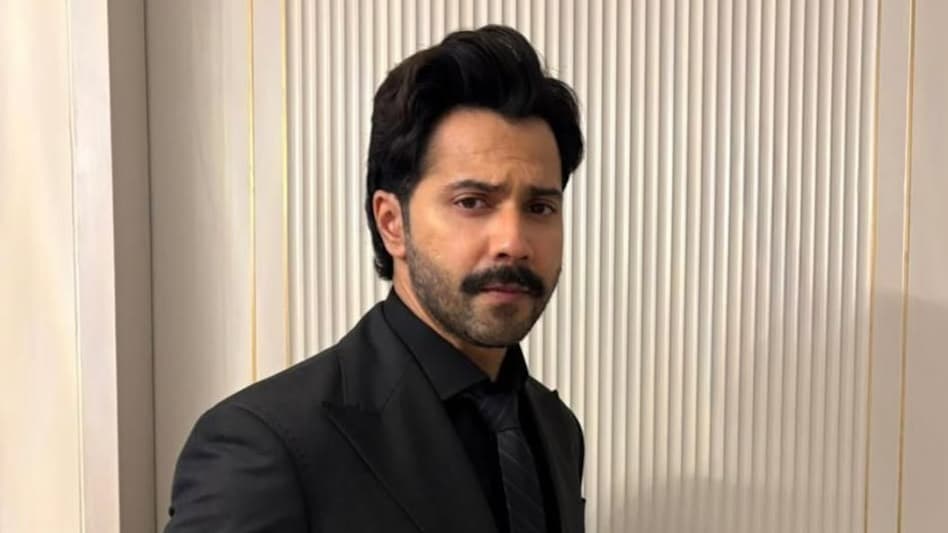How to Become an HVAC Technician – Step-by-Step Guide
Hello there! If you’re searching for a career that is stable, always in demand, and offers a great income, you’ve landed in the perfect spot. Stepping into the world of Heating, Ventilation, and Air Conditioning (HVAC) is a profoundly smart decision. This job is more than just fighting off the heat or cold; it’s the backbone of modern building infrastructure.
My two decades of industry experience tell me that the market is flooded with incomplete information. This article will not just tell you ‘what to do’ but also reveal where the other 90% of aspiring technicians go wrong.
Here is your clear, step-by-step roadmap on how to elevate yourself from a general mechanic to a skilled, high-earning HVAC Master Technician.
4 Essential Steps to Become a Successful HVAC Technician
To become a successful HVAC technician, you must follow a clear and well-planned route. Avoid the rush of choosing the wrong course. This guide simplifies the process:
Step 1: Foundational Qualification and the Right Academic Path
To start, you need at least a 10th or 12th-grade pass. But just passing is not enough; you must choose the right foundation.
- Best Foundation: Many people jump directly into a diploma, but my experience suggests that if you want to start earning quickly, opt for a good 6-month to 1-year Certificate Course or an ITI (Industrial Training Institute) in HVAC/Refrigeration Trade. This provides you with the immediate, in-demand industry skills.
- Diploma: A 3-year Diploma is a strong choice if you are interested in HVAC design and engineering, or if you plan to open your own large firm in the future.
- Expert Insight: Better than going for a direct diploma after the 12th is to first complete a solid 6-month certificate course and then secure ‘On-the-Job’ training. This saves both money and time, as you can start earning within six months.
HVAC Technician Salary 2025: UK vs. USA—Which Path Offers More?
Step 2: Where to Get the Right HVAC Training?
Your training institute is your foundation. Stay away from institutes that only teach theory.
- The Litmus Test: The best training centers focus on a 70% Practical and 30% Theory approach. They will give you opportunities to work on various types of ACs (Split, Window, Central, VRF) and refrigeration units.
- LSI Integration: Ensure that the training covers not just AC repair, but also piping and ducting work, as this is a major specialization area.
Step 3: Certification and Licensing
While a national license may not be mandatory in India, obtaining a few premium HVAC certifications can boost your credibility and salary by up to 50%.
- Why It Matters: Certifications assure companies that you are knowledgeable about safety regulations and the latest technologies (like eco-friendly refrigerants).
- Examples: Look for “Master Technician” or “Safety Handling” certifications from reputable private institutions.
Step 4: Your First Job and On-the-Job Training
After getting your certificate, you must immediately step into the field. This is where the career of a fresher HVAC technician truly begins.
- The Start: Begin as a Helper or Trainee with an established company, a major service center, or an experienced contractor.
- Close the Knowledge Gap: In the initial 1-2 years, you correlate what you learned in the ‘books’ with the ‘real world.’
- Remember: In the field, you learn that the job isn’t limited to the refrigeration cycle (which is like the circulatory system in the human body); it also involves customer interaction and precise problem diagnosis.
HVAC Career: Salary, Job Security, and Future Prospects
A career is only good if it offers you a secure future. The HVAC industry, in this regard, is nothing short of a gold mine.
HVAC Technician Salary in India: Beginner vs. Experienced
HVAC is a field where your earnings are directly proportional to your skill and experience.
| Experience Level | Starting Salary (Per Month) | Experienced Salary (Per Month) |
| Trainee/Helper (0-1 year) | ₹12,000 – ₹18,000 | ₹18,000 – ₹25,000 |
| Skilled Technician (3-5 years) | ₹25,000 – ₹40,000 | ₹40,000 – ₹60,000+ |
| Master/Specialist (5+ years) | ₹50,000 to ₹1,00,000+ | Even higher with own business |
Verifiable Fact: The demand for a skilled HVAC technician in India is projected to grow by at least 25% in the next 5 years due to the rapid construction of smart buildings, malls, and cold storage facilities.
HVAC Field Demand: Is This Career Recession-Proof?
Yes, this career is extremely secure. HVAC systems are everywhere—homes, offices, hospitals, data centers, and factories.
- LSI Integration: People often ask about the future of the HVAC field. My straight answer: It’s an ‘Evergreen’ career. It’s like a doctor; no matter the season, systems always need servicing, maintenance, and repair.
- Impact of Automation: Unlike many other technical jobs, HVAC cannot be replaced by robots because it requires complex troubleshooting on every unique site and direct client communication.
Growth Path: From Junior to Master Technician
Your career doesn’t stop here. You can evolve from a Junior to a Master Technician, become a Team Leader, or specialize in niche systems (like VRF/VRV or industrial refrigeration). The most successful experts eventually start their own HVAC Consultancy or Service Company.
The Biggest Mistakes New HVAC Candidates Make
As an experienced professional, I want to save you from the three critical errors I’ve seen thousands of newcomers make:
1. Relying Solely on Theory
A certificate alone won’t get you the job. The industry needs a person who can perform tasks immediately.
- The Mistake: People memorize heat exchange formulas for hours but don’t know how to fix faulty ducting or connect a pressure gauge correctly.
- Advice: During your training, touch, open, and assemble every piece of equipment. This field is based on ‘Learning by Doing.’
2. Neglecting Specialization
Learn everything initially, but within 3 years, aim to master one specific area.
- LSI Integration: Don’t just be an AC repairman. Piping and ducting work is a huge, specialized segment.
- Statistics: Specialists in VRF/VRV systems (used in large commercial projects) charge 2 to 3 times more for the same work compared to general technicians. They are like the Cardiologists of the industry—they command higher value for their expert knowledge.
3. Underestimating Soft Skills and Customer Service
The biggest mistake is believing this is only a machine-based job.
- Hard-to-Find Fact: Over 40% of service calls are repeated due to a communication gap. Patiently listening to the customer’s issue, explaining the solution simply, and working cleanly are just as crucial as connecting the right wire.
- The Most Important Tool: It’s not your multimeter, but your humility and professional communication. This is what ensures the customer calls you back.
Frequently Asked Questions (FAQs)
- 1. What is the minimum qualification to become an HVAC Technician?
A minimum of 10th grade is required, but 12th grade (Science or Maths background) or an ITI Certificate Course provides the best foundation.
- 2. What is the average salary of an HVAC Technician in India?
Starting at ₹12,000 to ₹18,000 per month. With experience, this easily reaches ₹30,000 to ₹50,000 per month in 3-5 years, with specialists earning significantly more.
- 3. Is HVAC a good career option?
Absolutely. It is a high-demand, recession-proof career with excellent growth potential. Its future is bright due to the increasing focus on energy efficiency.
- 4. What is the duration and fee for an HVAC Technician Course?
Certificate courses last from 6 months to 1 year, with fees ranging from ₹20,000 to ₹50,000. Diploma courses are 3 years, and their fees depend on the institution.
- 5. Can I learn HVAC without attending a college?
You can learn the basics online or through short-term apprenticeships, but practical, hands-on training from a recognized institute is necessary for working in the industry.
- 6. What is the difference between HVAC and Refrigeration?
HVAC (Heating, Ventilation, Air Conditioning) is a broad term covering the entire system. Refrigeration is a part of it, specifically dealing with generating coolness (like cold storage or deep freezers). Most courses cover both.
- 7. Why is HVAC Certification important, and which one is the best?
Certification is proof of your knowledge and adherence to safety standards. It increases your salary and trustworthiness. Focus on any industry-recognized Safety or Specific Equipment (like VRF) certification.
Conclusion: The path to becoming an HVAC Technician requires hard work, but it equips you with a skill set that can get you a job anywhere in the world. Focus on the right training, a continuous desire to learn, and stellar customer service—you are sure to become a Master Technician.
Explore the New Adobe Firefly, Your All-in-One Creative AI Studio
Havoc Insurance Guide: Protect Your Home & Business Now

India’s No. #10 Hindi news website – Deshtak.com
(देश और दुनिया की ताज़ा खबरें सबसे पहले पढ़ें Deshtak.com पर , आप हमें Facebook, Twitter, Instagram , LinkedIn और Youtube पर फ़ॉलो करे)













